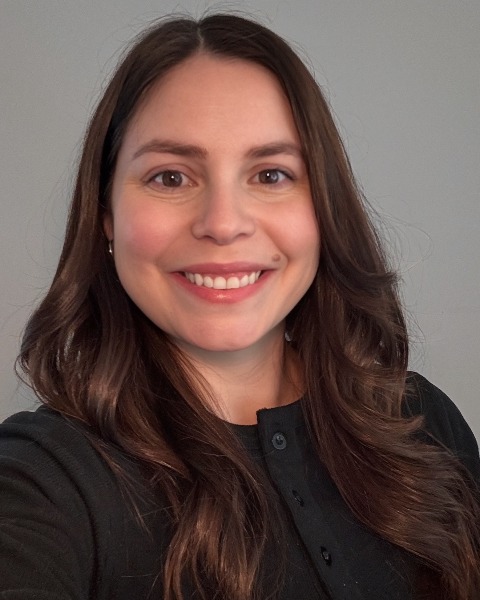Poster Presentation
Leadership, Mentoring, and Training the Next Workforce
Wednesday Poster Power Hour
WED-050 - You Belong Here: Fostering Student Belonging for Public Health Students by Co-Creating Faculty Development Modules
Wednesday, April 16, 2025
12:30 PM - 1:30 PM PST
Location: Pacific I/II, 2nd Floor
Area of Responsibility: Area I: Assessment of Needs and Capacity
Subcompetencies: 1.1.5 Recruit and/or engage priority population(s), partners, and stakeholders to participate throughout all steps in the assessment, planning, implem, 1.1.3 Identify existing and available resources, policies, programs, practices, and interventions.
Subcompetencies: 1.1.5 Recruit and/or engage priority population(s), partners, and stakeholders to participate throughout all steps in the assessment, planning, implem, 1.1.3 Identify existing and available resources, policies, programs, practices, and interventions.

Jennifer L. Evans, PhD, MEd, MCHES, CPH
Assistant Teaching Professor
Northeastern University
Boston, Texas, United States
Poster Presenter(s)
Learning Objectives:
At the end of this session, participants will be able to:
- Identify domains of learning for promoting belonging among students in programs and schools of public health and health sciences
- Articulate strategies to effectively engage and center students as experts on belonging
- Discuss how beloning can increase student engagment
Detailed abstract description: A sense of belonging is increasingly recognized as an essential component of learning environments designed to prepare future public health leaders. Higher levels of belonging among undergraduate students are associated with improved academic achievement, retention, self-reported mental health, and use of campus services. This is particularly important for first-generation students, low-income students, and students of color who report lower levels of belonging than their counterparts. To prepare students for the public health workforce, academic programs must foster inclusive, welcoming environments in which all students feel seen, valued, and appreciated. To equip faculty members with the tools to form such inclusive learning spaces, training must be developed with student input, experiences, and perspectives at the forefront to adequately meet the unique needs of students. At Northeastern University, the “You Belong Here” project, supported by an Inclusive Impact Innovation (I3) grant, consist of a diverse group of five students (varying by race/ethnicity, first-generation status, and gender identity) from both undergraduate and graduate public health and health science program and four faculty members. By utilizing participatory methods, including backwards design and the Delphi Method, students are defining and operationalizing belonging and co-creating with faculty a suite of online, self-guided learning modules with students centered as the experts on belonging. These modules aim to provide faculty with training, learning assets, technical tips, and self-assessment checklists to apply to their teaching to foster a sense of belonging among public health and health science students. You Belong Here is using a phased approach for module development, which includes: 1) developing a team charter, 2) definition of belonging, 3) operationalization, 4) mapping training content to domains of belonging, 5) prioritization, 6) content development, 7) dissemination, and 8) evaluation. The first four phases are complete and students have identified key areas for faculty training including decolonizing syllabi, articulating policies that ensure all voices are heard, managing microaggressions, appropriately sharing oneself with students; using inclusive language, avoiding stereotypes and microaggressions; and teaching about inclusive language related to health and the diverse populations students will serve after graduation. These modules will be scaffolded with deliverable-based lessons for faculty to integrate into their work. While diversity, equity, inclusion, and belonging (DEIB) training has been helpful, it often fails to address the specific needs of public health students and may not effectively address contextual factors by not centering the student perspective. Sharing the participatory process of developing faculty training tailored to promoting belonging will support other public health programs in developing similar interventions.
